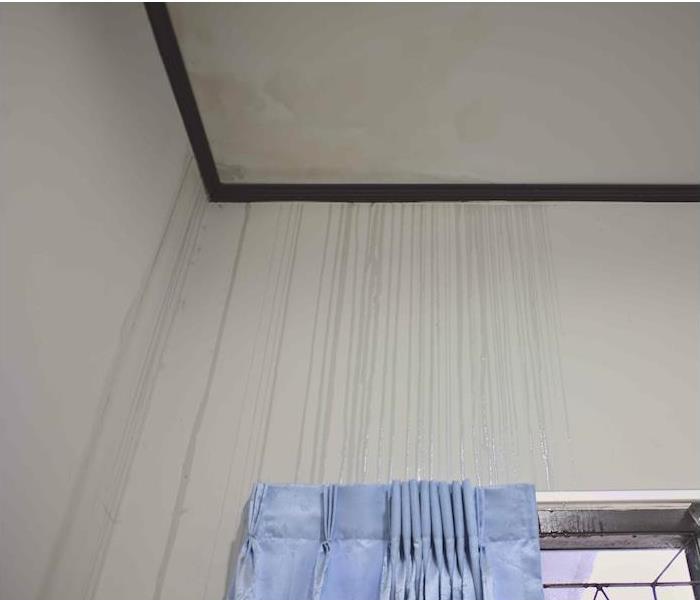Catch Water Damage Before It Occurs | SERVPRO® of Gwinnett County South
9/20/2021 (Permalink)
 A water leak can turn into a big problem. Contact the SERVPRO of Gwinnett County South team if you are dealing with any water damage.
A water leak can turn into a big problem. Contact the SERVPRO of Gwinnett County South team if you are dealing with any water damage.
Nobody plans for water damage. There’s no water damage “season” we all look forward to like winter holidays—“Ooh, I hope we get a new refrigerator supply hose leak this year!”
And yet, water damage happens on occasion whether we want it to or not. And though it may not choose a defined date or time to occur, if you’re watchful, you may be able to catch some of its likely manifestations before they happen. Let’s check a few spots.
Toilets. There are only a few spots to check your toilet for leaks, and the most common are the flapper (inside the upper tank where the water flows into the bowl) and the valve seal, the rubber ring on the underside of the tank.
Appliances. Any appliance that uses water is going to use hoses and washers that may give way over time. Keep an eye on your fridge, dishwasher and especially the supply hose for your washing machine. Oh, and how old is your water heater? Units over 10 years old have been known to explode.
Clogged gutters. This is one scenario over which you can exert a great deal of control, because it’s a fairly simple matter to check your gutters occasionally and clean out the debris, dirt and leaves that would work together to cause a dam to form in your gutters. Now where’s that ladder?
Roof damage. Your roof’s job is tough. It works hard day after day, taking a beating from the elements, falling tree limbs, squirrels, all kinds of things. Eventually, even the stoutest roof will show signs of wear, and that wear will allow water to pass through to the wood frame and inside to the attic.
Pipes. Pipes can burst in the winter as frozen water expands inside, and other issues like oxidation or loose joints can cause them to fail at other times. You may even have to deal with tree roots intruding into in-ground lines between your house and the main supply at the street.
Blocked garbage disposals. Grease, potatoes and fibrous vegetable skins can all clog your garbage disposal, causing backups and potential damage. And be careful when you plunge, because if your sink’s joints aren’t fully secure (this happens often with PVC), they may separate with intense plunging.
You can’t stop every leak, even at your most vigilant. But keeping an eye on the condition of the various devices that interact with water regularly can make water damage prevention more of a likelihood.
If a water leak erupts into a big problem at home, you’ve got the best team in the business on your side. Contact SERVPRO today so we can get started.


 24/7 Emergency Service
24/7 Emergency Service